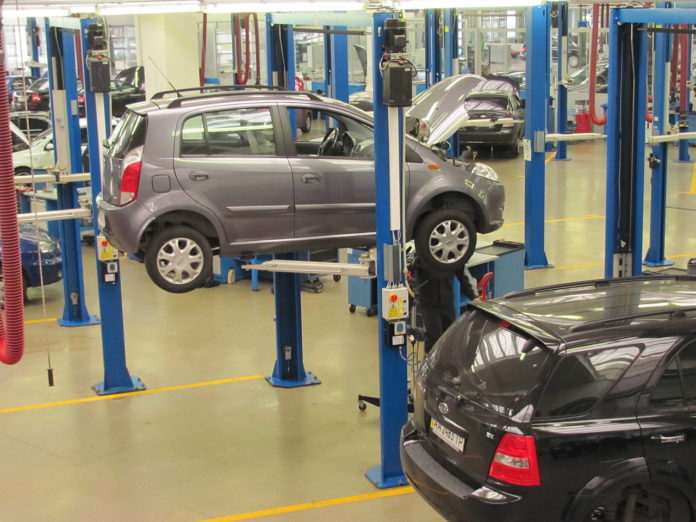
And How it Will Affect Dealerships
By Desiree Homer
Everyone has safe reopening strategies on their minds these days. There is an eagerness to return to production for the automakers as well. As many manufacturers had previously shifted their efforts to producing COVID-19 related, and much-needed products, many are now laying out plans for a safe return to vehicle production. Some executives are offering predictions about what the new normal may look like within the plants. There could be some direct effects at the dealership level as well.
The Brands Set to Resume Production
May 4th is a big day for many automakers. American Honda, Toyota, Ford Motor Company, and FCA North America are all planning to restart next week. Other brands are tentatively slated for timelines over the next few weeks. While the production lines have a timeline to resume, everyone agrees, it will be far from a return to normal. Chris Reynolds, the Chief Administrative Officer for Toyota, says, “we have to adjust the new normal.” He shared that Toyota’s restart date is May 4th, but it’s not going to be the day the automaker begins making cars.
The New Normal Is All About Auto Worker Safety
Workers will be heading back to their respective auto plants but should expect a new normal, rooted in safety measures. For example, the Mississippi plant for Toyota has transformed the work environment. The plant’s President, Sean Suggs, shared some of the upgrades his facility now has in place to protect employees from community viral spread and resurgence. There are now six-foot gaps between workstations. Bathroom sinks feature large plastic dividers. PPE is being stockpiled for ongoing employee disbursement and protection. Those reporting for work on the line should expect health screenings at the door along with having their temperatures taken.
A Soft Return to Production
While the headlines all offer enthusiasm about the automakers returning to production, it’s not a light switch endeavor. In fact, many factories won’t be making cars on day one, including some General Motors facilities. Reduced production levels are to be expected at first, like a slowly dripping faucet. The slower pace is intended to be a safety precaution. But it’s also allowing for some workers, who can’t return to work due to continued restrictions on schools and daycare providers. The officials are hoping that a trickle of new vehicles rolling off the line will be better than none.
Effects on Dealers in the Coming Months
Dealers have experienced a halt in sales, of course, and some data says April is showing an average overall 45% deficit. There are cars piled up on the lots, meaning the last thing retailers may need right now are more new vehicles. The good news is the automakers are taking things slow. So, there will be new inventory coming, but hopefully not enough to overwhelm the dealerships’ already crowded lots. But some experts are predicting more inventory management concerns in future months, depending on consumer responses to their re-emerging markets.
For now, dealerships can continue to focus on top-notch customer service delivery and safety best practices. Taking things slowly at the manufacturer level is still at least a move forward and at a more manageable pace. Tune in to the recent Dealer News Today podcast, when Dave Cantin talks to Ford’s Director of U.S. Sales, Andrew Frick, about the automaker’s priority being both their franchise dealers and the customers of those dealers.












